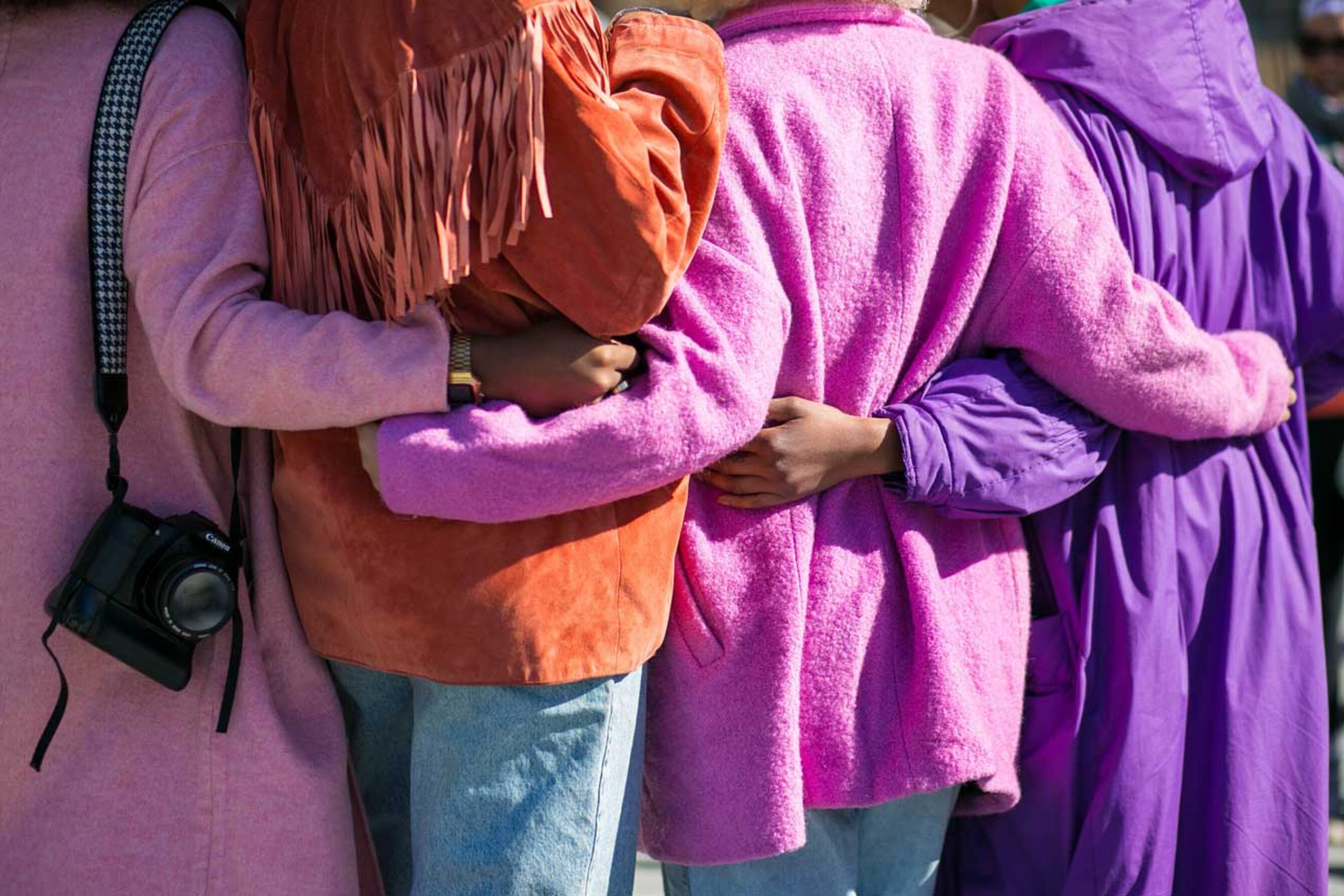“Things only get better when we get better,” said Tony Robbins on Instagram recently. Tony Robbins is correct. We tend to depersonalize the need for change and put the focus on things that have to get better or the system that has to be improved. Indeed, there is a need for systemic change. It is vital. Crucial. But there is a danger in focusing on systemic change at the expense of personal change.
We tend to dehumanize the locus of change. After all, it is people who make up the system, design it, and control it. The system reflects our values, so the system only gets better when we get better. Robbins’s quote can be expanded to, “We will only get better when me gets better.” What can I do to get better so that things get better?
In contemplating this, there are three important things that we need to clarify:
- Fairness and equality are not the same. It isn’t fair to treat someone who has made a major contribution and carries the weight of the team on their shoulders equally to those who make no contribution. Fairness means treating people according to what they deserve, not according to who they are.
- Holding someone responsible for what they do is different from holding them responsible for who they are. The first is accountability, the second – discrimination.
- Sympathy is not the same as empathy. Sympathy comes from a place of: “I’m okay, you’re not okay. I understand your pain. I can get that you are not alright, even though I am alright.” Meanwhile, empathy is: “We are both not okay. I too carry pain. I too have suffered. Perhaps not in the same way as you have, perhaps not to the same extent, but I can relate to what you are going through, and I can feel it and be with you in your suffering and hurt.”
Some of the most amazing people I have met professionally have been people who suffered during the apartheid years in South Africa. Among them was Nelson Mandela. I found it difficult at first to empathize with them. I was clearly able to sympathize. However, not having gone through the same experiences as them, I found it difficult to truly empathize.
I had to dig into my own past and find occasions when as a child or as a student I experienced exclusion—not for racial reasons—so that my empathy came from an emotional place rather than a cold, clinical, intellectual place. We need to understand the difference between sympathizing from a position of superiority and empathizing from a position of identification.
Apart from the systemic changes we have to make, what can we do to help make things better? We can commit to acting fairly and to holding people responsible for their actions, but never for their race, religion, or gender. We can empathize, not just sympathize, and as me gets better, we get better. As we get better, things get better.
To watch the corresponding video to this piece, click here.
